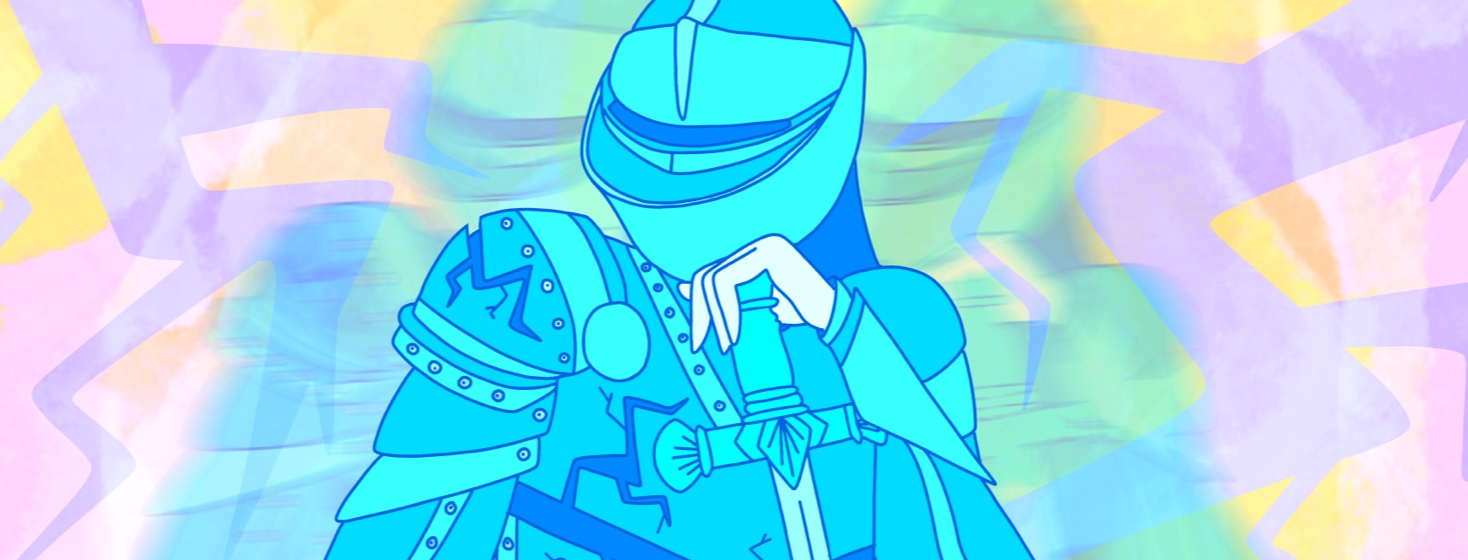The “New Normal”: When the Battle Armor Comes Off
This article was originally published on LungCancer.net by Rebecca Palpant-Shimkets.
My “new normal,” a phrase often used in cancer circles to describe life in survivorship, completely took me by surprise when I exited treatment. It happened both times I experienced cancer! I have an over twenty-year career in mental health. Even with all my training, I couldn’t see the signs of a mental health crisis that was brewing post-treatment. I had bought into the belief that survivorship is about being heroic and celebrating with cake and dancing. After all, isn’t there a lot to be thrilled about?! Of course, there is! I am incredibly grateful every single day.
I came to learn through research and over conversations with survivors that I am not alone in the anxiety and depression that I felt post-treatment. Many of you reading this piece may still be in active treatment. Perhaps this is something to tuck away for later thought or to pass along to a friend or acquaintance.
Treatment offers structure and purpose
As I reflect on how it unfolded for me, I am given the benefit of the crystal-clear picture in the rearview mirror. Each morning, while in treatment for cancer, I would place my feet firmly on the ground with a sense of purpose and focus. There were medication regimens, therapies, a radiation schedule, or a diet to adhere to. I had a purpose. It provided a scaffolding of support around me that I didn’t realize had become critical to keeping my balance.
And then, treatment came to an end, and I was told to go back to my life. Hooray! Right? Break out the cake!
Let me stop you there -- mid-bite into the cake. I’ll explain.
The “new normal” is anything but normal
All that well-constructed structure broke away in the weeks and months post-treatment. What struck me was how “back to normal” everything seemed but how different I felt. It was enormously confusing. I was afraid to share how I was feeling with anyone because it didn’t fit the expectations everyone had about life in survivorship. I felt alone and struggled with depression.
The road from normal, to treatment, to “new normal” is anything but “normal.” It is not carefully calculated with well-defined stops along the way. In other words, it is not linear. It has a lot of ups and downs and a lot of new discoveries about yourself, your life, and how you relate to others.
Acknowledge your feelings and seek help
So, here are a few secrets I learned addressing my mental health in the “new normal” stage.
- It is very important to first acknowledge your feelings and honor that they exist in whatever form that they may appear. This is especially critical if they don’t fall within your pre-conceived ideas about survivorship.
- Find a space to talk about it either with another survivor, friend, or family member who is non-judgmental. If you find that your mental health symptoms are impacting your daily life, seek the help of a professional therapist or clinical social worker and talk to your doctor about the challenges you are facing.
- It can be helpful to connect in a supportive environment with like-minded individuals who can bring connection on a consistent basis. Many faith communities, medical centers, and community groups offer support or activity group options.
Just because treatment is over doesn’t mean healing is finished -- it is not linear and takes time. As you heal, you may find that you have built your own scaffolding to support a “new normal,” and it may just include breaking into a dance or a piece of cake from time to time.

Join the conversation